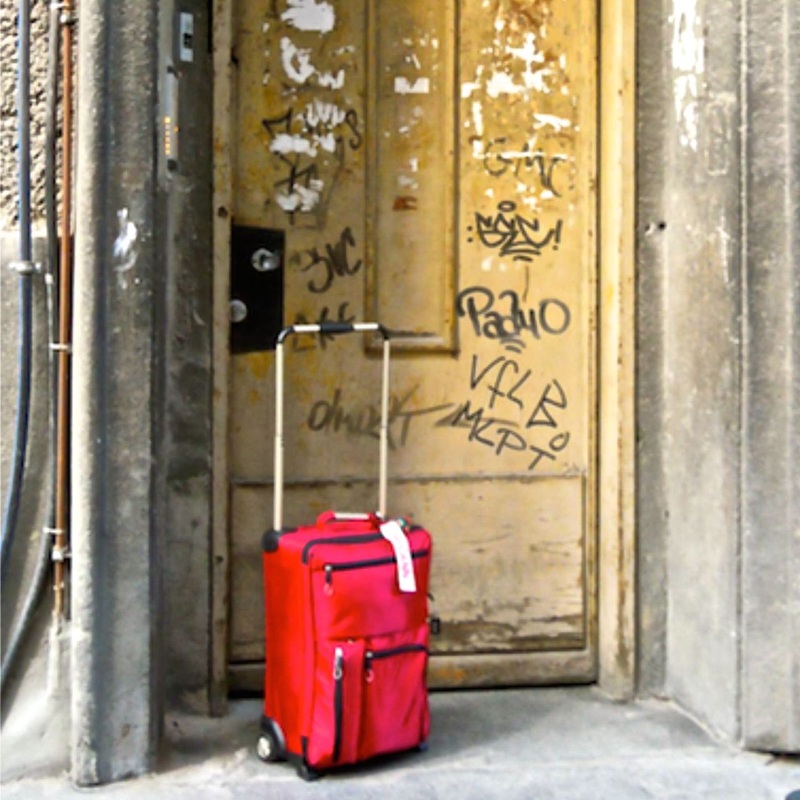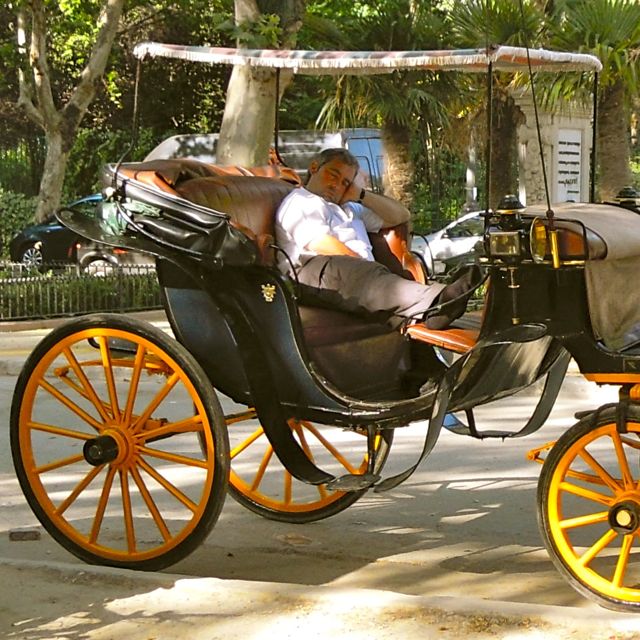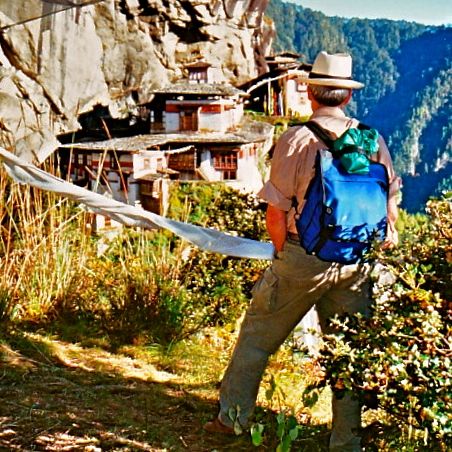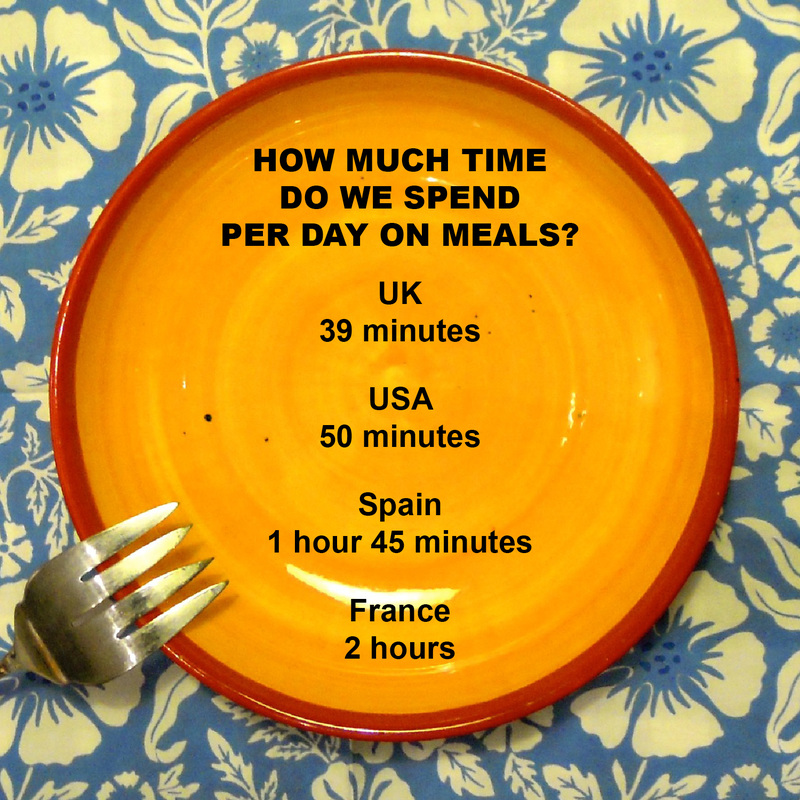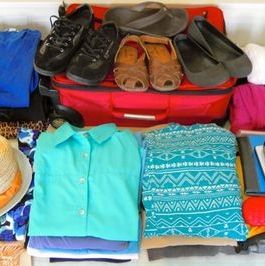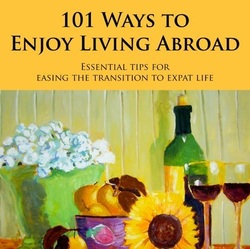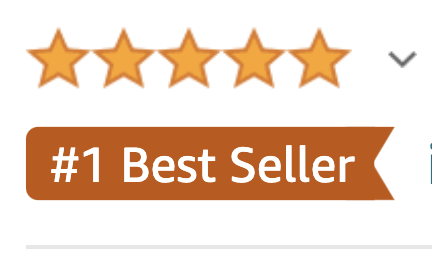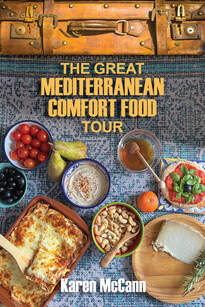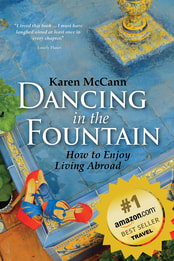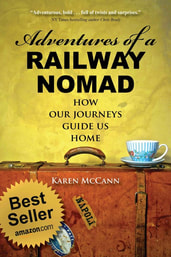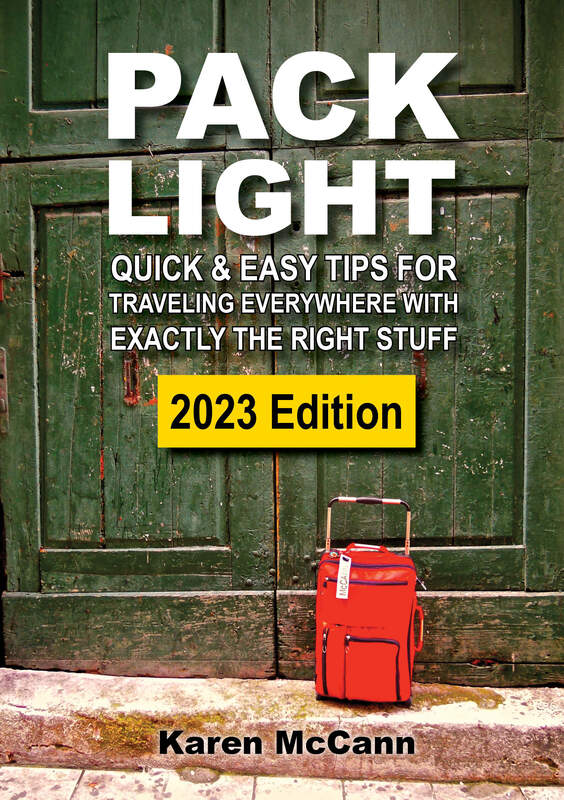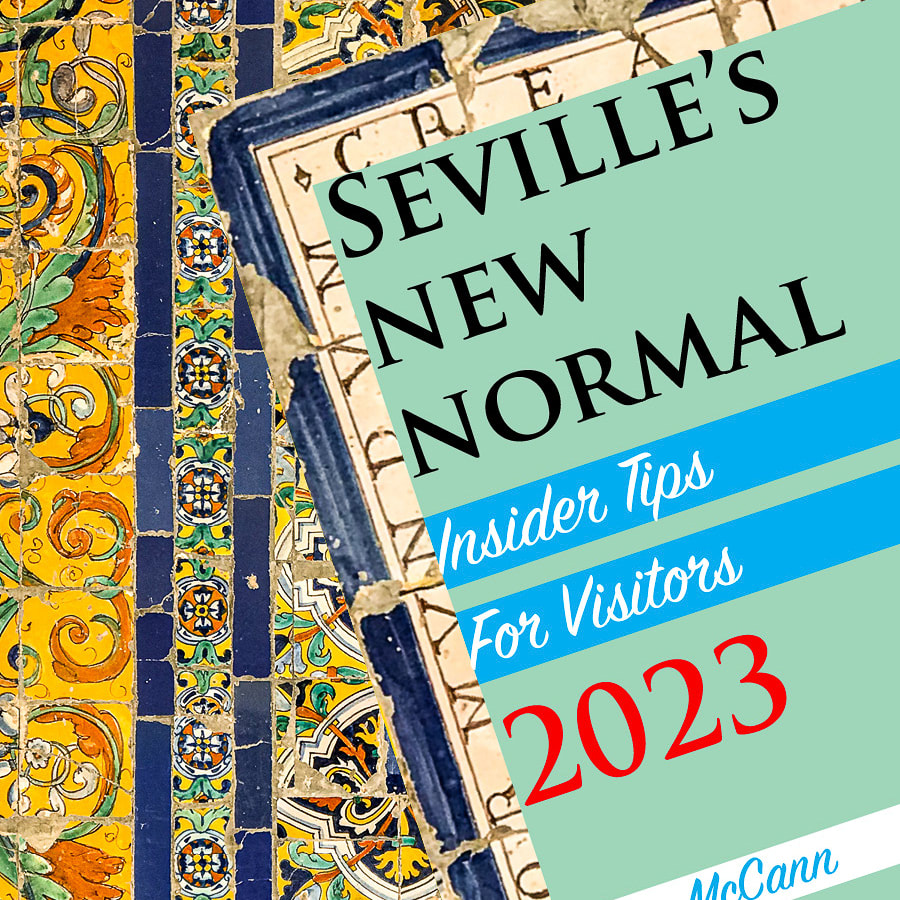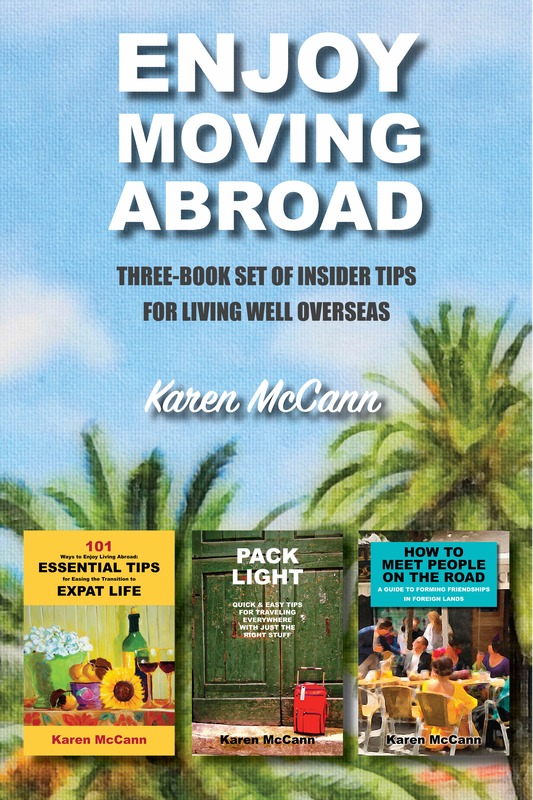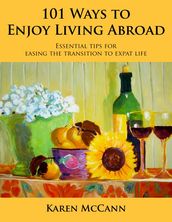|
Normally when I meet a friend for drinks after work, I don’t need to go through two security checkpoints, have my picture taken, and sign a non-disclosure agreement. But this was one of the Bay Area’s hottest high-tech superstars and it was just a wee bit twitchy about its privacy. “Don’t even think about taking a photograph or writing anything about this visit,” my friend told me. “What will they do, set the dogs on me?” “Worse. Lawyers.” The campus-which-shall-not-be-named was gorgeously designed in nerd chic, which is to say sleekly modern, ultra practical, and distinctly whimsical, with in-jokes about sci-fi characters scrawled on giant whiteboards next to flow charts and algorithms. Twenty-somethings sat at a sea of worktables, tapping furiously on their keyboards. “What are they all doing?” I asked my friend.  In the movie Lucy, Scarlett Johansson takes the world to the next level. This photo was NOT shot at the high-tech-superstar campus I visited. In the movie Lucy, Scarlett Johansson takes the world to the next level. This photo was NOT shot at the high-tech-superstar campus I visited. “Changing the world,” she said. Yeah, right, I thought. Boy, she has really drunk the Kool-Aid. But then I got to thinking about it and realized she was right. The high-tech revolution that began in Steve Jobs’ garage is shifting the balance of power on the planet, one keystroke at a time. While politicians continue to bicker about the redistribution of wealth, high-tech companies are busy shifting the real wealth – information, the data that organizes our lives – out of corporate hands and into the laptops and cellphones of individuals. Just look at the catchphrases of modern travel. “I’ll Google that with my iPhone.” Personal computers and smart phones make it easy for us to plan and organize our trips, often on the fly. A year ago, Rich and I spent three months on the road, with no fixed itinerary or advance reservations, using electronic devices and travel apps to navigate. Even our hostel on a Bulgarian mountaintop had wifi. 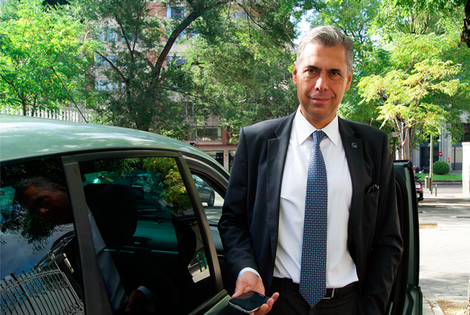 Madrid's first Uber ride went to IE professor and blogger Enrique Dans on Sept. 23. 2014. Madrid's first Uber ride went to IE professor and blogger Enrique Dans on Sept. 23. 2014. “Let’s Uber to the airport.” Uber connects individual drivers and people needing a ride; it’s a faster, hipper, often cheaper alternative to taxis. You just tap your iPhone to summon the nearest private car; the all-inclusive fare is automatically paid by credit card, so you don’t have to fuss about correct change or tipping. This six-year-old start-up has already spread to 45 countries, is valued at $17 billion, and has seen its name enter our language as a verb. Haven’t used it yet? You will. “I’m staying at an AirBnB.” AirBnB connects individual travelers with hosts who have private lodgings for rent – anything from a room to an entire apartment or house. I’ve stayed in plenty of them, and loved most; of course, since they offer more than 500,000 listings in 33,000 cities, it’s going to take me a while to test them all. Today, private enterprise isn’t just changing the world, it’s changing the universe – or at least our little corner of the solar system. Netherland-based Mars One is planning the first manned Mars mission, financing it via crowdfunding, merchandising, and sponsorships that include reality TV. The show begins with the astronaut selection process, winnowing the 2,700+ applicants down to the four who will spend seven months in space and the rest of their lives on the Red Planet. The plan calls for sending up additional colonists every two years – assuming the project is popular enough to keep attracting advertising revenues. From there, it’s obviously just a short step to becoming the hot new tourist destination. I can’t wait to hear people say, “I Googled it on my iPhone, and I’m Ubering to an AirBnB on Mars this weekend.” See you there! YOU MIGHT ALSO ENJOY
2 Comments
 Time to declutter? Ya think? Photo: Tomwsulcer Time to declutter? Ya think? Photo: Tomwsulcer What’s your clutter threshold? I usually hit mine when I’m just about to hit the road and I realize I can’t find any of the things I’ve been squirreling away for the trip: My reversible rain jacket has gone to ground somewhere in my closet, my travel toothbrush has walked away from the medicine cabinet, and those expensive new hiking socks have apparently disapparated like a character in Harry Potter. When messiness starts interfering with my ability to pack, I know it’s time to roll up my sleeves and corral my stuff into some kind of order. Not everybody dislikes clutter. Years ago, I had friends in Boston who loved the freedom to strew their stuff about indiscriminately, covering every surface with tottering piles of books, clothes, cereal boxes, their children’s toys, and a staggering amount of other jumble. Once, following up on a robbery in their building, a cop knocked on their door, took one glance inside, and exclaimed, “My God, have you figured out what was taken?” My friends had some trouble convincing him this was their home’s normal condition, and not the result of a ransacking. On the opposite end of the scale is a minimalist friend whose kitchen is such a sleek collection of flat cabinets and empty counters that my first reaction was, “Gorgeous. I’d love to see what it looked like if somebody actually lived here.”  This Serbian speakeasy uses clutter to set a mood. This Serbian speakeasy uses clutter to set a mood. Most of us fall somewhere between these extremes, allowing stray objects to collect here and there until they become overwhelming, or some other necessity, such as a trip or a move, triggers a desire for some serious streamlining. I was recently asked by Overseas Packers and Shippers to contribute to an article about decluttering before relocation, and I was so inspired by my own sage advice that I spent yesterday morning giving my closet a massive overhaul. I spent much of that time thinking about what it takes to do the job right. We’ve all heard the classic advice: If you haven’t worn it in a year, it has to go. That’s a good start, but there are exceptions even to that golden rule. To me, it all starts with attitude. 1. Be honest with yourself. That slinky black beaded dress I bought in Hong Kong twenty years ago no longer fits my lifestyle or (yes, I admit it!) my waistline. I loved that dress once, but we have now agreed to go our separate ways. 2. Picture the next user. I find it’s a lot easier to part with things if I keep reminding myself how much the next person is going to enjoy them. I always imagine a chic but impoverished young person in my clothes – knowing full well it’s more likely to be one of the local bag ladies. 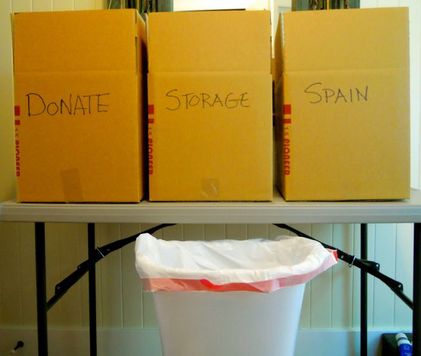 Getting ready to go back to Seville Getting ready to go back to Seville 3. Get organized. Painful tasks – such as weeding out fashion mistakes and saying goodbye to old favorites – are best done quickly. Labeled cardboard boxes and a large trash bin are the most efficient way I know to send things on to their next destination. 4. If you love it enough, find a way to keep it. I might be ready to part with the Hong Kong dress but not the striped sweater I bought for my second date with Rich thirty years ago. Having survived this long, it has earned heirloom status and a place with family mementos in the attic. 5. Buy yourself something new. Getting rid of so many once-loved objects is both exhilarating and demoralizing. At the end of the process, I like to go out and buy something new, even if it’s just an inexpensive pair of earrings or some hiking socks to replace the ones that never did turn up. After all, I’ve cleared out tons of space in my closet. And besides, it’s never too soon to start renewing my clutter collection. YOU MIGHT ALSO ENJOY When I say the words “chocolate cake” do you immediately think “guilt”? Most Americans do, according to Michael Pollan’s In Defense of Food: An Eater’s Manifesto. The French, on the other hand, go right to the idea of “celebration!” I have no official knowledge about the Spanish response, but I can tell you this: every year they construct a room-sized chocolate Nativity scene in Seville, which suggests to me that their word would be “heavenly,” if not outright “divine.” Chocolate is one of the most misunderstood and maligned edible substances on the planet. It’s a plant-based food – yes, technically a vegetable! – that can help lower your cholesterol, improve and protect your skin, boost circulation, regulate blood pressure, and provide you with antioxidants, fiber, minerals, and other building blocks of life. It can enhance your mood, even your love life. Back in the day, Aztec rulers used to quaff a cup of cocoa before heading into the harem, launching chocolate’s reputation as an aphrodisiac. Does chocolate really work as well as Viagra? I’ll let you do your own experiments on that one. 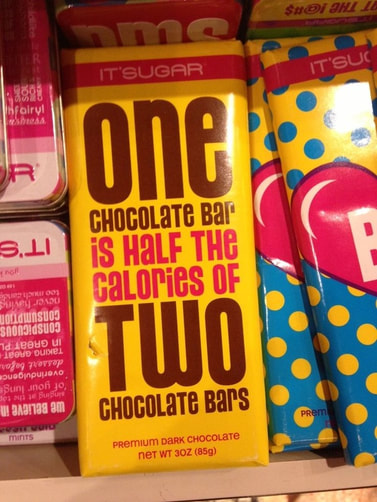 Humanitarian scientists and platoons of selfless volunteers have been working diligently to test the effects of chocolate on the human brain. And the results are very sweet indeed. For instance, a study at the University of Nottingham suggests that flavonols, the antioxidants found in dark chocolate, increase blood flow to the brain, flooding it with oxygen for two to three hours. This makes us more alert, enables us to focus on tasks, and reanimates our brain power when it’s slowed by fatigue, sleep deprivation, even aging. Flavenols can also be effective in treating such as vascular impairments as dementia and strokes. If you invented a pharmaceutical like that, the photo of you picking up your Nobel Prize would be going viral this very minute. Yet chocolate is still considered a guilty pleasure rather than a valuable health resource. That’s because confectioners often strip the flavenols out during processing (such as roasting, fermenting, and alkalizing) and load up the treats with huge amounts of fat and calories, especially when they add in yummy caramel, nuts, and candied cherries. American manufacturers are especially prone to throwing in extras such as guar gum, partially hydrogenated oils (the infamous trans fats associated with a host of ghastly diseases), artificial flavors, artificial perfumes, and other questionable ingredients, all of which will, at the very least, dilute the amount of actual cocoa you’re consuming.  Your best bet is to look for dark chocolate that’s at least 70 to 85% cocoa, preferably raw and/or organic. How much should you eat? Doctors at the prestigious Cleveland Clinic suggest that an ounce or so a few times a week won’t hurt you, although they hasten to add that blueberries, cranberries, apples, and onions should be considered as alternative flavenol sources. Hmm, chocolate vs. onions… I’ll have to get back to you on that. Happily, they also note that red wine is also flavenol-rich, conjuring up images of leisurely after-dinner samplings to determine the right zinfandel to pair with dark chocolate. The bottom line is that chocolate – good, relatively pure dark chocolate, at any rate – should no longer be stigmatized as an occasion of sin but celebrated for its healing powers and divine taste. As the Spanish saying goes, Las cosas claras y el chocolate espeso (clear thoughts and thick chocolate). Amen to that. YOU MIGHT ALSO ENJOY 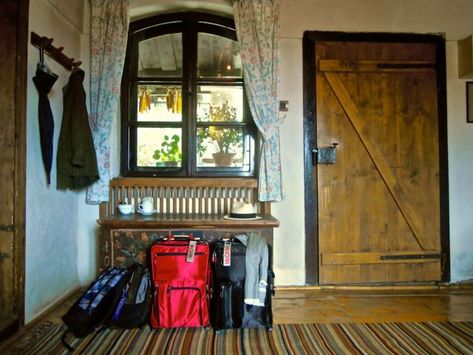 At a Transylvania guest house At a Transylvania guest house “I used to dream about all the places I would go as soon as I was old enough to get away,” says blogger Stacy Monday. “But then … life happened.” After a career as a paralegal and mediator, Monday (who’s just a kid of 50) decided to join the ranks of roving retirees, selling everything and setting off around the world. I love this trend. People who are supposed to be staying home, minding the grandkids, playing bridge, and complaining about their taxes and their teeth are now saying, “To hell with all that. I’m going out and having adventures!” There are 360,000 Americans collecting Social Security benefits abroad, up 48% from ten years ago. More than half of all Britons, Irish, and Germans would prefer to live in foreign countries when they start collecting their pensions. 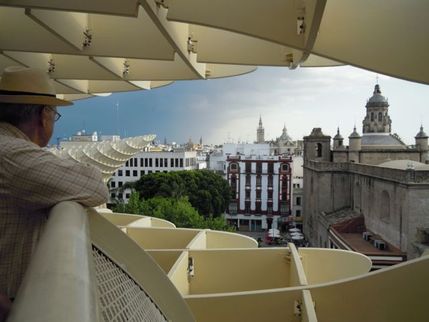 Rich, enjoying the view of Seville Rich, enjoying the view of Seville Not everyone is thrilled by the prospect of retirement. A friend told me recently, “I can’t stand the thought of not making money any more.” She’s had a phenomenally successful career and is struggling to re-envision a life that isn’t validated by hefty paychecks. Post-career transitions can be tricky for anyone, and more and more people are easing into retirement by traveling and living abroad. It gives you something to look forward to, and – not to sound too shallow, but let’s be honest here – to post about on Facebook and other social media. A few generations ago, no one worried much about retirement because it was considerably shorter. Now, if you live in a developed country and stop working at, say, the age of 60, chances are you’ll be planning for 23 years of retirement living. Some of my post-career friends are so exhausted they just want to put their feet up; as one often boasts, “I have six Saturdays and a Sunday every week!” Others, like Monday, are looking over the adventures remaining on their to-do list. If you’re still compiling ideas, check out online bucket lists. Mud fights, bungee jumping, and covering a car with Post-it notes aren’t high on my agenda, but I am willing to consider eating a fried Snickers bar and drinking vodka in Russia. 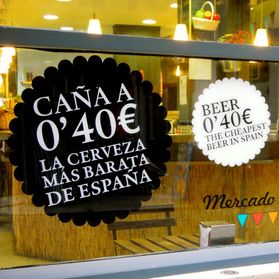 If you’re still contemplating where and how to spend what the Spanish call “the Third Age,” you’ll want more than a bucket list; you’ll want facts and figures. 1. Where’s the best place to retire? Personally, I favor Seville, for the lifestyle, warm weather, cost, and general zaniness. But that’s me. Google lists 6,690,000 sites offering their opinion; you might start with the Telegraph, International Living, and US News & World Report. Be sure to check out such practicalities as cost of living, tax implications, and medical care. (Americans take note: Medicare doesn’t cover you in other countries.) 2. How complicated is it to move overseas? It’s not that different from other moves – which means it’s nightmarish at times, but something that you can accomplish with a little imagination, and a lot of effort and paperwork. Check out such websites as British Expats and Future Expats Forum, and my expat guide 101 Ways to Enjoy Living Abroad. 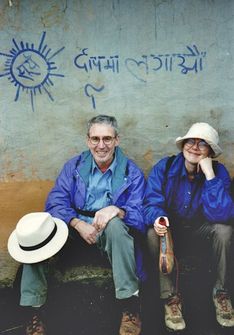 Don't retire, celebrate being "jubilado." Don't retire, celebrate being "jubilado." 3. What about roaming the world? In an earlier post I wrote about young friends who are digital nomads, constantly traveling the globe while working at online jobs. Nowadays, people of all ages are becoming vagabonds; as a recent New York Times article put it, “Increasingly, Retirees Dump Their Possessions and Hit the Road.” The new, older nomads are building interesting lives, each with a unique mix of work, play, and volunteering. 4. Where can I find out about volunteer opportunities? Many organizations, such as Projects Abroad and Transitions Abroad welcome older volunteers, although you’ll likely be asked to pay handsomely for the privilege of organic farming, working in an equine therapy program, or helping out on an archeology dig. It’s good fun if you can afford it. I’ve always disliked the word “retire,” which to me implies you’re taking yourself out of the game. I prefer the Spanish word “jubilado,” which sounds jubilant, like you’ve got something to celebrate. And with so many years and options available, you do. YOU MIGHT ALSO ENJOY |
This blog is a promotion-free zone.
As my regular readers know, I never get free or discounted goods or services for mentioning anything on this blog (or anywhere else). I only write about things I find interesting and/or useful. I'm an American travel writer living in California and Seville, Spain. I travel the world seeking eccentric people, quirky places, and outrageously delicious food so I can have the fun of writing about them here.
My current project is OUT TO LUNCH IN SAN FRANCISCO. Don't miss out! SIGN UP HERE to be notified when I publish new posts. Planning a trip?
Use the search box below to find out about other places I've written about. Winner of the 2023 Firebird Book Award for Travel
#1 Amazon Bestseller in Tourist Destinations, Travel Tips, Gastronomy Essays, and Senior Travel
BLOG ARCHIVES
July 2024
CATEGORIES
All
|

